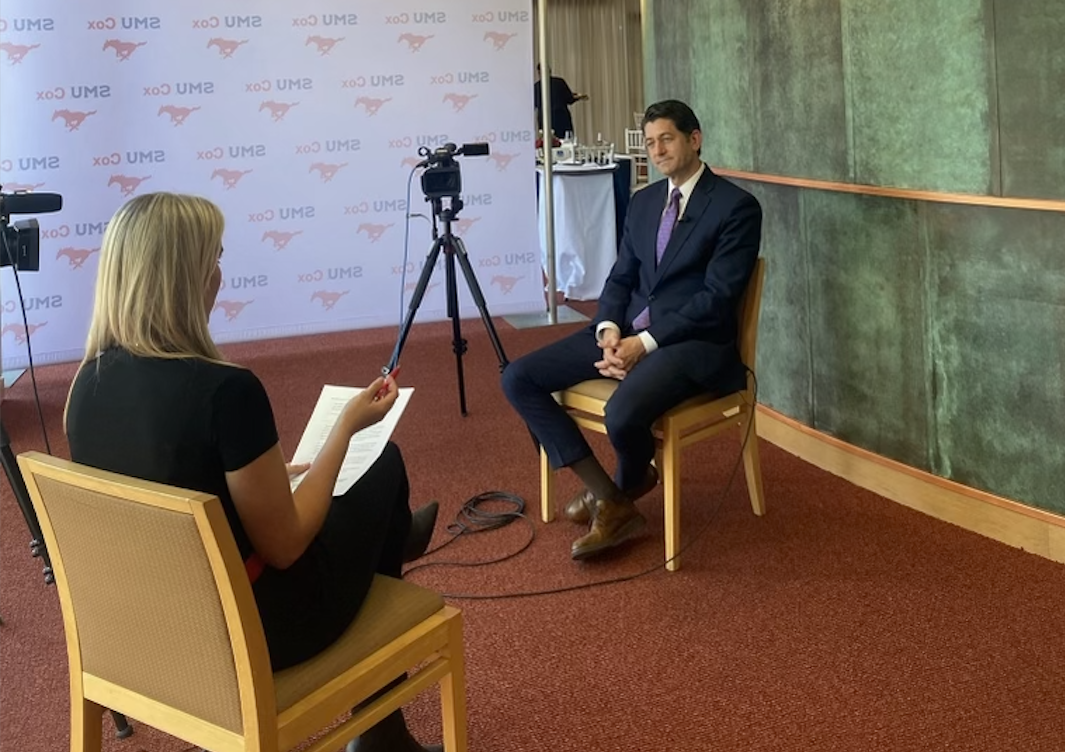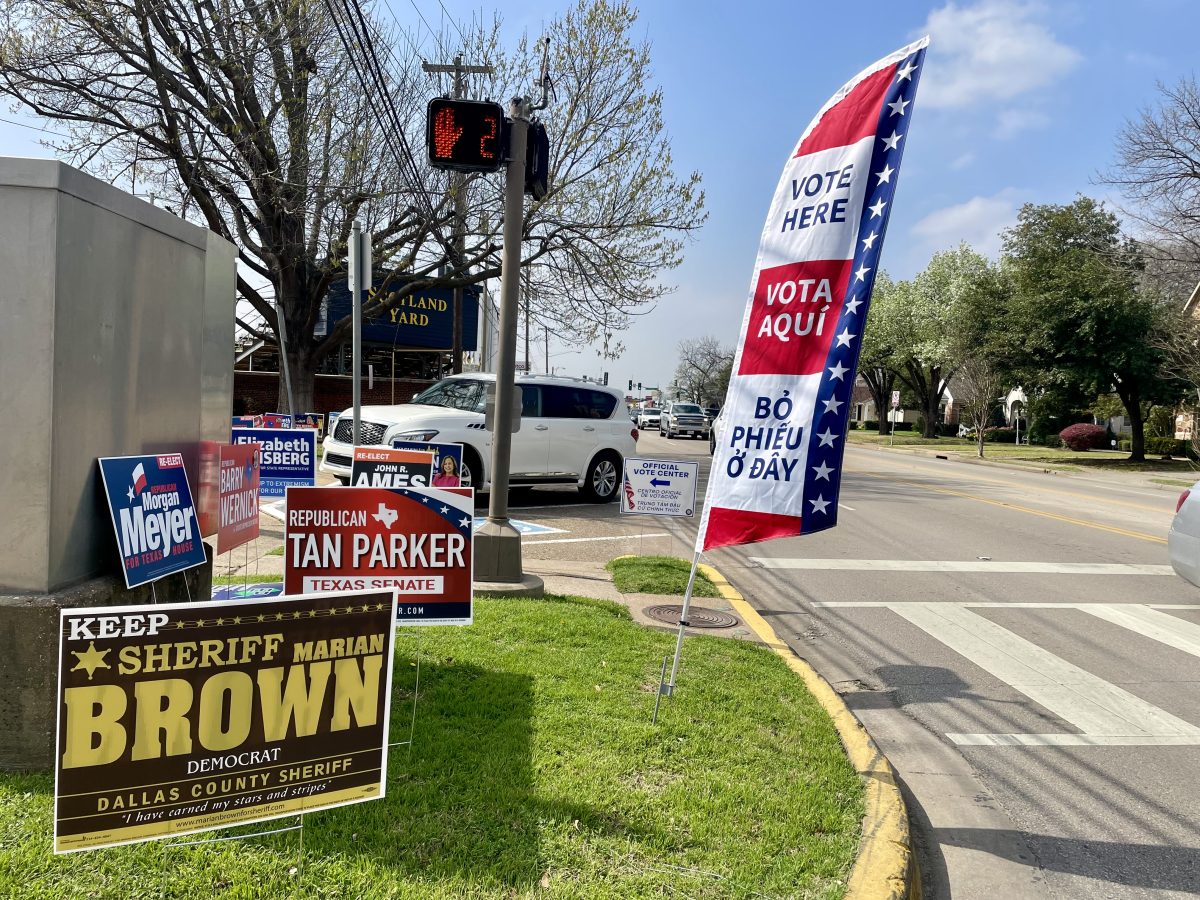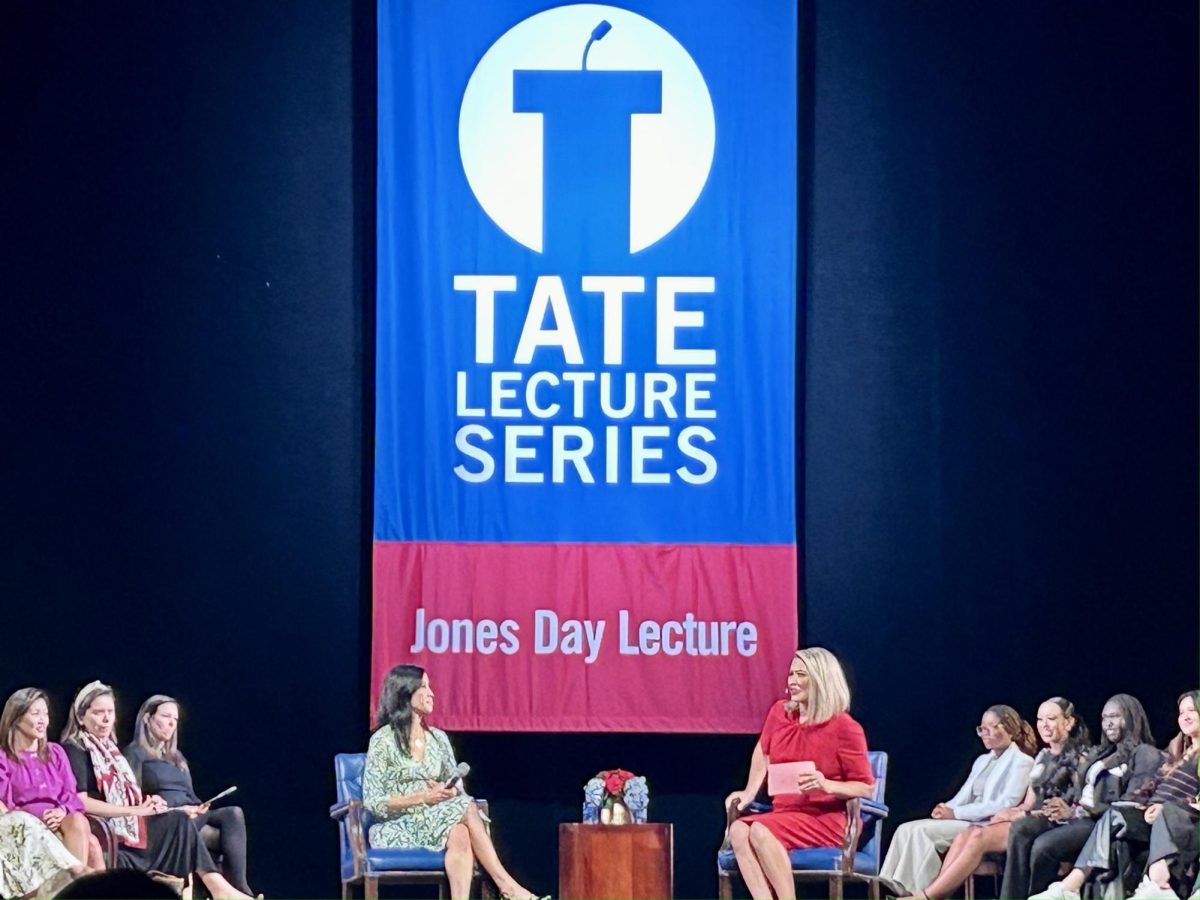When Edward Snowden leaked the details of several top-secret surveillance programs used by the U.S. government, the public naturally jumped to react.
However, many Americans’ first considerations were not ones questioning who can now use the confirmation and details of such programs against the U.S.; specifically, the same terrorist organizations against which these programs are meant to protect.
Most first considerations did not appear to question the extent of terrorist activity unknown to the public for which the NSA needs such extensive surveillance capabilities to combat.
What came first were the livid accusations that the U.S. government was spying on every American and violating the most basic rights to privacy.
And, unfortunately, the coverage of the NSA leaks does not appear to have moved far from that starting point now almost three months later.
The U.S. is a world leader in telecommunications and defense technology. Silicon Valley companies provide a very large part of the knowledge and program development used by U.S. intelligence. American citizens are creating the programs that many now claim are being used against these same American citizens.
No program the NSA uses is for the purpose of “spying” on the average American. The U.S. government does not have time to listen in on private phone calls between you and your mother, nor does it have any remote interest.
Intelligence agencies are utilizing resources and records connected to suspected terror plots when reasonably warranted to identify and, hopefully, thwart threats toward the country.
Concerns regarding freedom of privacy are necessary and appropriate. They fall into the quintessential system of checks and balances our country is based upon.
It is a role which the American people share with the Executive, Congressional, and Supreme Court branches of government, all three of which have placed their trust and diligence in this system.
What is not needed–nor is even realistic–are citizen demands for complete transparency; for the programs and processes used by our defense agencies to be laid out for public approval.
That is handing over our largest security assets–secrecy and the chase to uncover that secrecy–to our most dedicated enemies.
In very generalized terms, there are two choices for Americans: to trust in their elected government, comprised of citizens no different than themselves and allow this country to protect them as nearly no other country has, could or would, or to open the floodgates to another devastating large-scale terrorist attack.
By continuing to focus on the NSA leaks and privacy breaches–notably through media and public opinion– America looks weak. We are keeping our intelligence agencies from operating to their full and imperative extent.
By making our supposedly “top” protection sources backtrack, apologize and defend themselves to the very people they are in place to protect, our country loses its strength in the eyes of our enemies.
Gough is a junior majoring in theater and journalism.




















